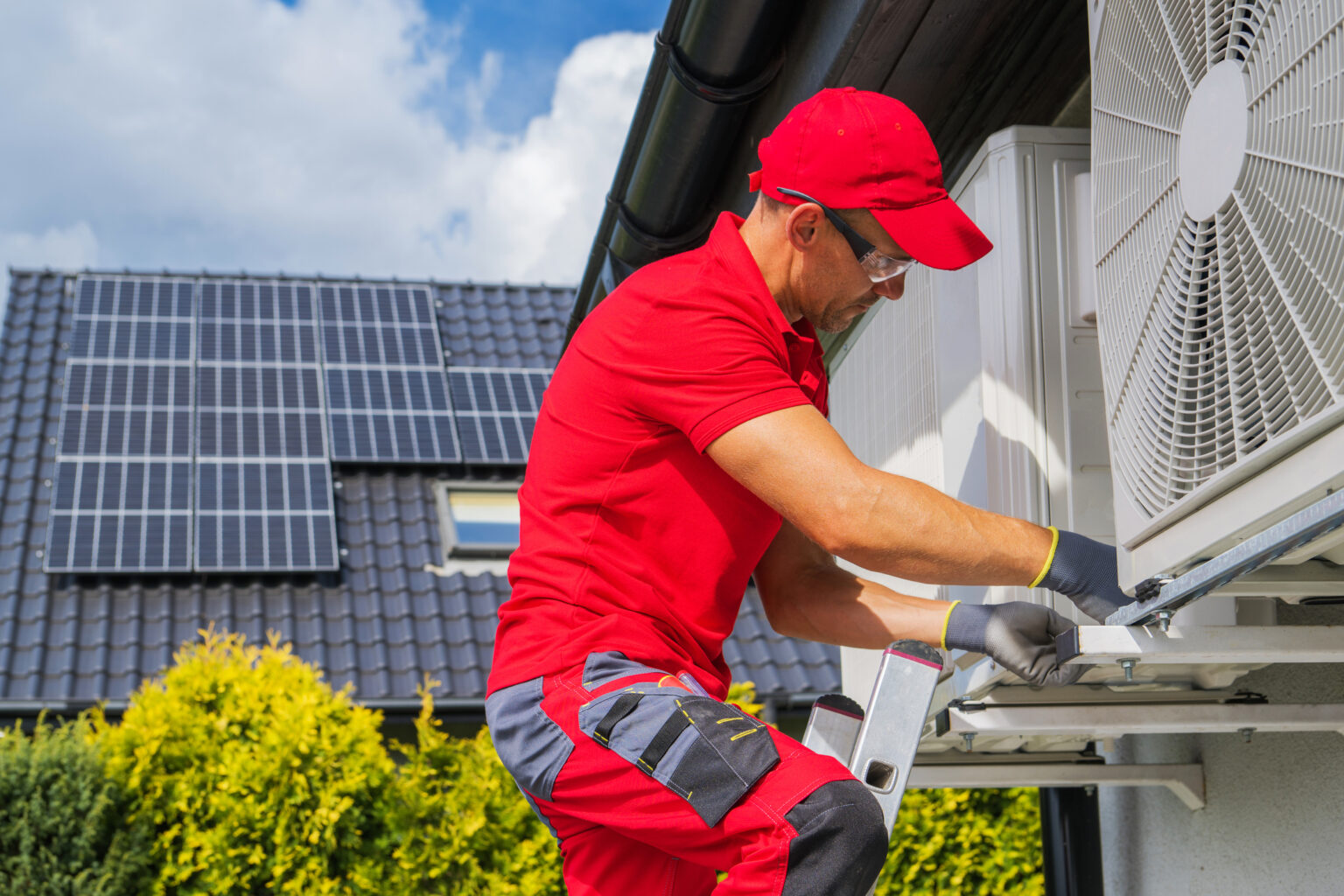Under government plans, from 2025 all new-builds will be zero-carbon ready with clean heating systems installed, removing further upgrade costs for owners.
The Future Homes and Buildings Standards, which has recently been launched for consultation, is set to ensure that new-builds – including homes and other buildings – will help the UK hit its net-zero targets. This includes non-fossil fuel-burning heating systems being installed, such as ground-source and air-source heat pumps.
The government has pledged to spend £12.6bn by 2028 in bringing these enhanced requirements to the new-build sector, delivering energy-saving changes that will significantly reduce household bills for brand-new homes. This will also lead to a reduction in carbon emissions of at least 75% (compared with 2013 standards).
From a property investment perspective, this means that should previous minimum energy efficiency standards be reintroduced, all new-builds will already be future-proofed, removing the need for further investment. Energy performance certificates (EPCs) are already higher in brand-new homes, too.
Boiler Upgrade Scheme receives more funding
There will also be an additional £1.5bn allocated to the Boiler Upgrade Scheme, which owner-occupiers and landlords can apply for funding from. The scheme covers part of the cost of replacing fossil fuel heating systems with a heat pump or biomass boiler.
You can apply for £7,500 towards the cost of installing an air-source heat pump or a ground-source heat pump, or £5,000 towards a biomass boiler. The new system must achieve certain energy efficiency standards to qualify. The cost of a heat pump can be more than £10,000, but it can save an estimated £1,200 in annual bills.
The funding is in addition to the £6.6bn already committed to the scheme by 2025, and the government reports that there has already been a 57% rise in applications since the grant amount was increased to £7,500.
According to energy secretary Claire Coutinho, almost 50% of properties in England now achieve an EPC rating of C, which is up from 14% in 2010. A large part of this will be down to the heightened energy efficiency credentials of new-builds, which tend to achieve the top A or B ratings.
According to Greg Jackson, CEO of Octopus Energy, heat pumps are quickly becoming cheaper and quicker to install, and the company is planning to hire 2,000 additional engineers next year to keep up with the growing demand.
Choose new-builds for energy efficiency
New-builds are an investment opportunity for those who want to buy a more future-proofed property, with the added appeal to tenants of lower energy bills and a higher standard of living. They are considerably more energy efficient than most older properties thanks to modern building techniques and materials.
For environmentally conscious buyers – and tenants – new-builds have the added attraction of reducing your carbon footprint through lower emissions. They are equipped with better insulation, draught-proof windows with double or triple glazing as standard, and often come with more efficient appliances.
According to data released earlier this year, new-builds can be as much as £2,200 per year cheaper to run in terms of energy bills, which is a huge selling point for landlord owners looking to rent their properties out – particularly in the current cost of living crisis.
This is according to research from the Home Builders Federation, and across all new-builds this equates to more than £400m per year on bills. New-builds also create 500,000 tonnes less carbon emissions than older properties.
In the first half of 2023, around a quarter of all new-builds sold in the UK were snapped up by property investors, according to the latest research from Savills. The same report also revealed a rise in the number of cash buyers entering into the new-build market.
If you’re a property investor interested in purchasing a new-build, or a high-spec newly renovated existing property, get in touch to find out how BuyAssociation can help you. You can also browse some of our current and past projects here.










